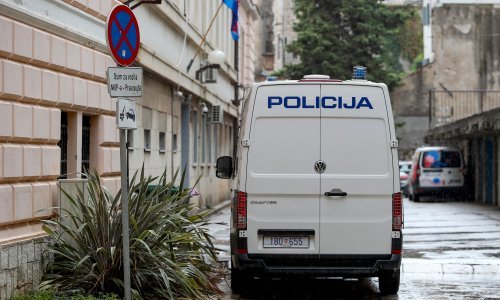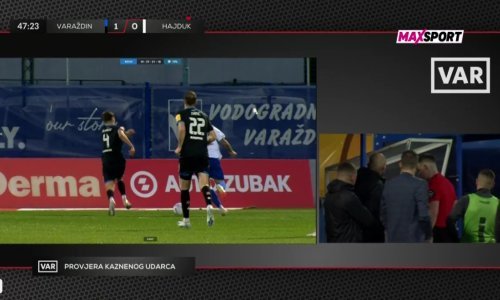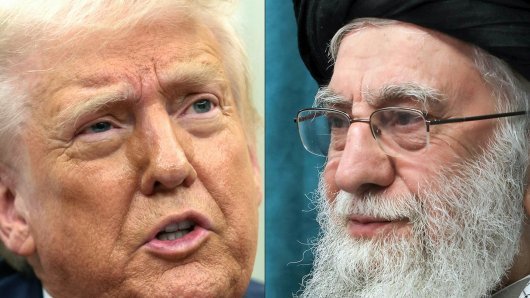Explaining Wednesday's sentence against the six accused for the murder of journalist Ivo Pukanic to a total of 150 years' imprisonment pending appeal, Judge Ivana Krsul said that the existence of a criminal organisation, the person who commissioned the murder or the motive had not been established during the trial.
Pukanic was killed by a group of people assembled for a specific goal, but that is not enough to prove the existence of a criminal organisation, Krsul said, adding that this was a case of conspiracy for gain.
The Zagreb County Court dismissed the argument by the Office for the Suppression of Corruption and Organised Crime (USKOK) that Pukanic was killed to prevent him from writing about activities of criminal groups associated with tobacco smuggling.
"Pukanic was a famous journalist who wrote about many criminal groups. He had many friends as well as enemies. It is possible that the content of his articles was the reason for the murder, but it was not established which articles," said Krsul.
She explained that when he testified that Pukanic had angered the Montenegrin tobacco mafia, Montenegrin entrepreneur Ratko Knezevic did not provide first-hand information.
"Many arguments were put forward during the trial and legally it is not viable to talk about only one reason," said Krsul.
She added that the trial did not establish beyond a doubt who commissioned the murder, but that it was certainly a powerful person willing to pay EUR 1.5 million for a crime.
Only the sixth defendant, Slobodan Djurovic, knows who commissioned the murder and he, according to the court, incited Robert Matanic to assemble trusted persons to kill Pukanic, a journalist and co-owner of the Croatian weekly Nacional.
Matanic was sentenced for organising the murder, Djurovic for inciting to commit the murder, Luka Matanic and Amir Mafalani were sentenced for aiding and abetting, while Zeljko Milovanovic and Bojan Guduric were sentenced for committing the murder.
Regarding USKOK's claim that Djurovic had been the link with Sreten Jocic, who is standing trial in this case in Belgrade, Judge Krsul said the Zagreb County Court could only hand down decisions on persons accused before it.
She said this crime had the signature of organised crime and that the message of the ruling was that such behaviour could not be tolerated.
The court found mitigating circumstances only for Djurovic, namely his advanced age and the fact that he had no criminal record.
Robert Matanic was sentenced to 33 years in jail, his cousin Luka Matanic and their friend Amir Mafalani were each given 16 years, Zeljko Milovanovic was sentenced in absence to 40 years in jail, Bojan Guduric was given 30 and Slobodan Djurovic 15 years' imprisonment.
Both the defence and the prosecution announced they would appeal the ruling.
USKOK was satisfied only with the sentence against Milovanovic and said it would insist before the Supreme Court that the accused had formed a criminal organisation.
Milovanovic's attorney Sasa Novak said the trial against his client had not been fair as he was standing trial in the same case in Belgrade as well.




































